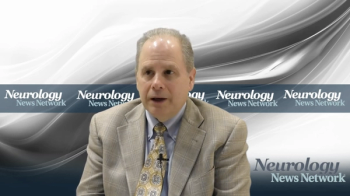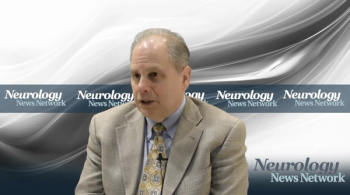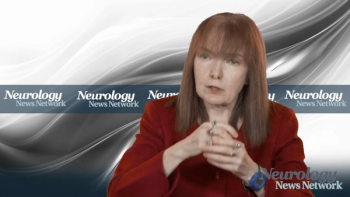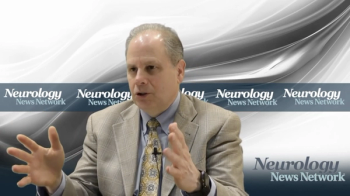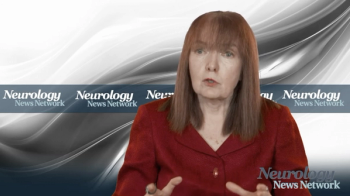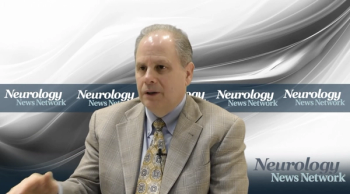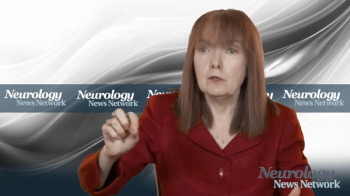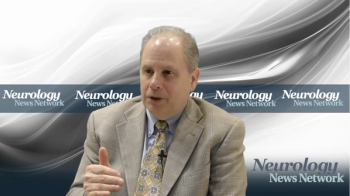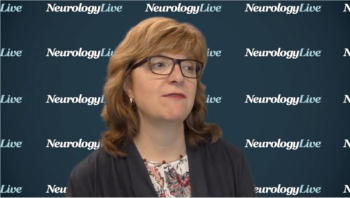
The director of Pediatric MS and Wellness programming at the Mellen Center and assistant professor of neurology at Cleveland Clinic Lerner College of Medicine discussed the harsh realities of patients adopting a new treatment method.

The director of Pediatric MS and Wellness programming at the Mellen Center and assistant professor of neurology at Cleveland Clinic Lerner College of Medicine discussed the harsh realities of patients adopting a new treatment method.
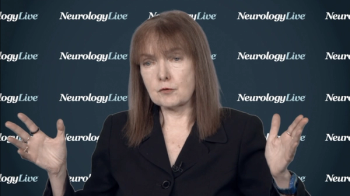
The director of the MS Comprehensive Care Center and interim chair of the department of neurology at Stony Brook University spoke to the debates around halting and beginning treatment in patients with MS.
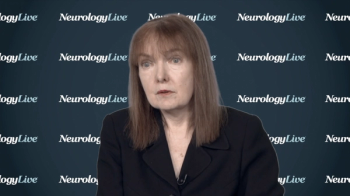
The director of the MS Comprehensive Care Center and interim chair of the department of neurology at Stony Brook University discussed the need for more originality in the MS pipeline.

Neurology News Network for the week ending March 28.

The director of the Multiple Sclerosis Program at Cleveland Clinic’s Lou Ruvo Center for Brain Health detailed what can currently be surmised about siponimod’s effect in treating patients with SPMS.

The director of the Multiple Sclerosis Program at Cleveland Clinic’s Lou Ruvo Center for Brain Health discussed the findings of a subanalysis of the EXPAND study of siponimod in patients with secondary progressive multiple sclerosis.
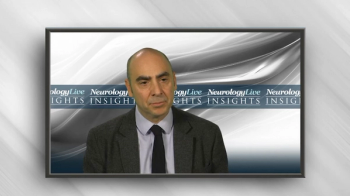
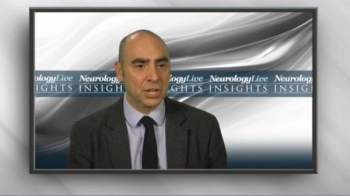

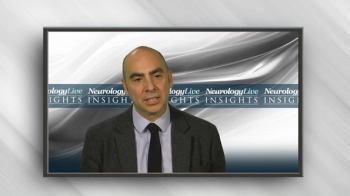

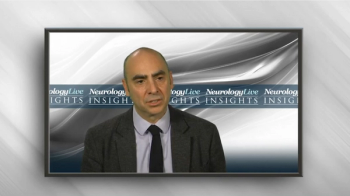
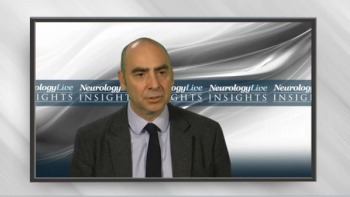

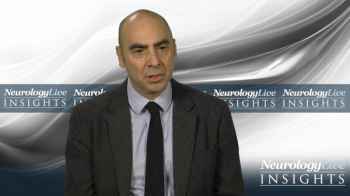
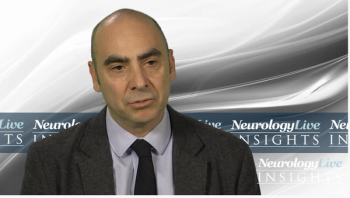
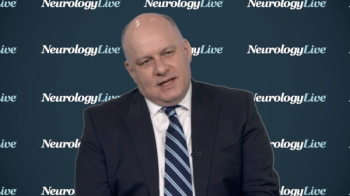
The director of the Sleep Disorders Center and vice chair of the department of neurology at the UCLA David Geffen School of Medicine detailed the comorbidities related to narcolepsy.

Neurology News Network for the week ending March 21, 2020.

The director of the Multiple Sclerosis Program at Cleveland Clinic’s Lou Ruvo Center for Brain Health discussed the need to take age into consideration when managing a patient with MS, and how the thinking about the disease and age has shifted.

The director of the Multiple Sclerosis Program at Cleveland Clinic’s Lou Ruvo Center for Brain Health detailed the current thinking about the challenges of addressing multiple sclerosis in older patients.
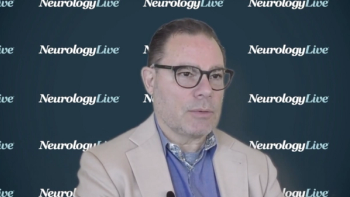
The chief medical officer of Clene Nanomedicine detailed CNM-Au8, their novel investigational drug currently being assessed in multiple trials for patients with multiple sclerosis and other neurodegenerative diseases.

Neurology News Network for the week ending March 14, 2020.
